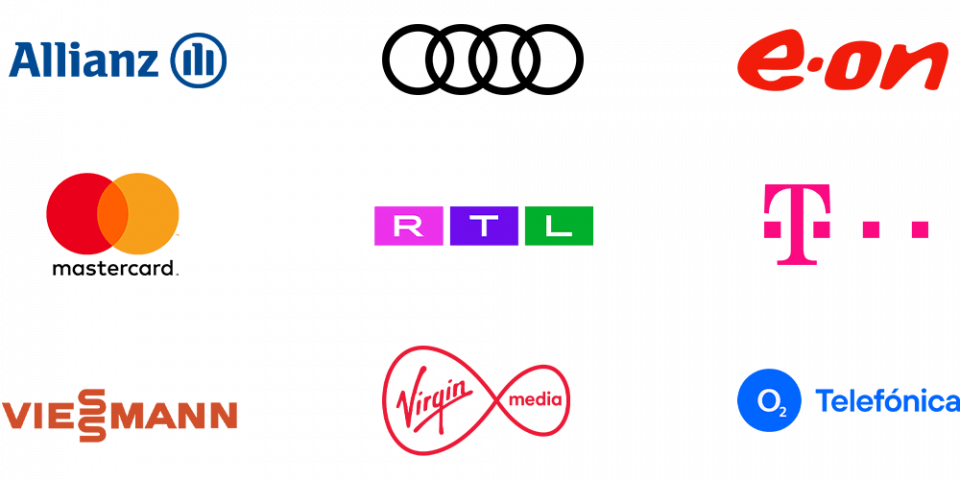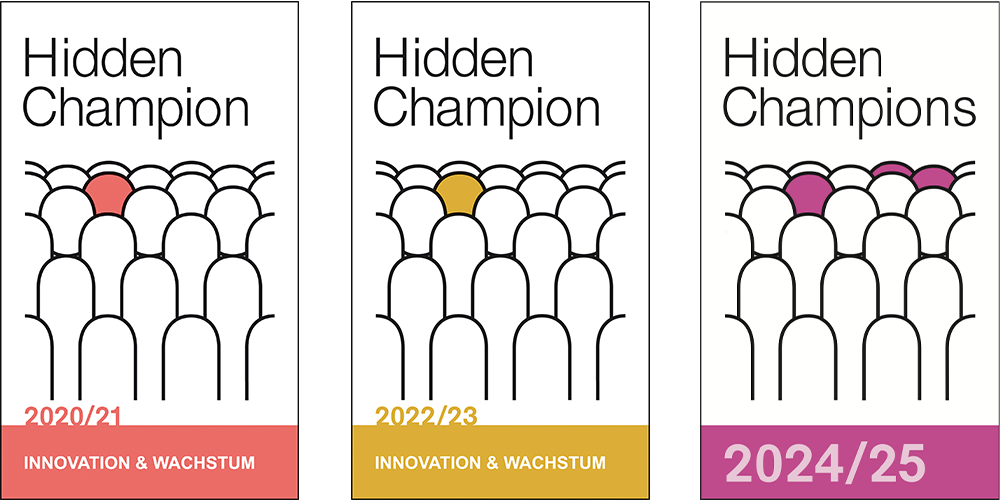Increasing satisfaction, loyalty, and value of your customer base throughout the lifecycle
What we talk about with our clients:
As an expert in customer management, Iskander Business Partner has many years of experience in optimising customer retention measures and processes across the different phases of the customer lifecycle. We also have extensive expertise in creating and delivering data-driven offer recommendations (NBO/NBA) and in visualising and optimising your customer communication. Additionally, we have deep knowledge in the implementation, optimisation, and management of loyalty platforms. With our cross-industry know-how, we help you achieve real value creation and customer loyalty throughout the entire customer lifecycle.
Our services:
- Definition of CRM target vision and maturity assessment of customer retention processes
- Evaluation, selection, and implementation of CRM systems
- Introduction or optimisation of customer lifecycle and churn management
- Automated offer recommendation (NBO/NBA)
- Mapping and optimisation of overall customer communication
- Implementation, optimisation, and management of loyalty platforms
Our services in the area of CUSTOMER RELATIONSHIP MANAGEMENT
 Matthias Dehn Have we sparked your interest? Fell free to contact us without obligation. get in touch
Matthias Dehn Have we sparked your interest? Fell free to contact us without obligation. get in touchCompletely satisfied with Iskander Business Partner


 Gregor Bürkle Partner & Head of Practices get in touch
Gregor Bürkle Partner & Head of Practices get in touch 






